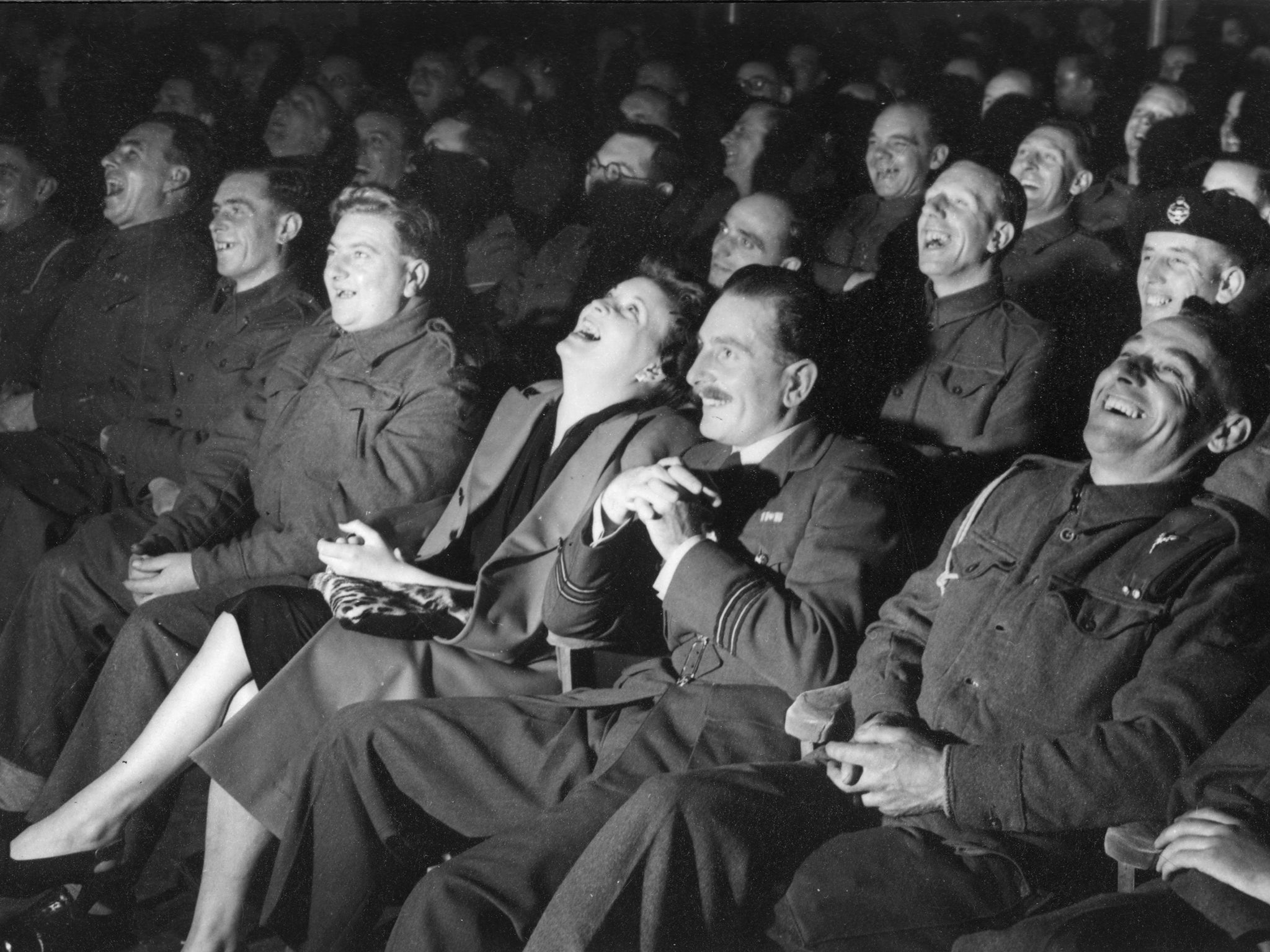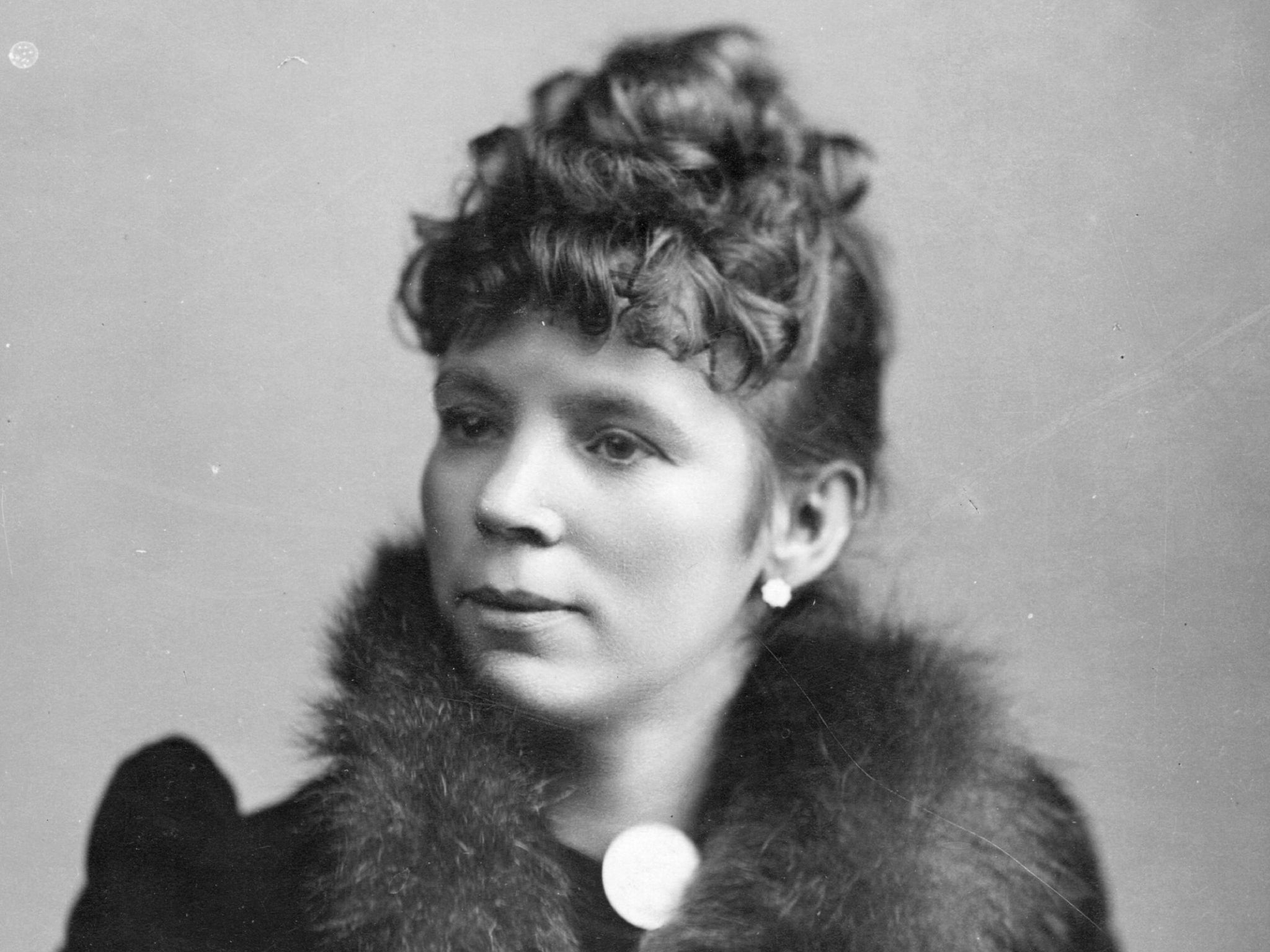Heard the one about a college course for comedians?
In the US, undergraduates will study the theory of comedy. But will this spoil the fun? Discuss...

If further proof were needed that humour can be a very serious business, it came in last week’s revelation that Emerson College, a communications and arts school in Boston, Massachusetts, is about to offer potential undergraduates the chance to study for a degree in comedy.
According to its spokesman, widely quoted by a somewhat sceptical media (“Comedy – it’s no joke”), the four-year BFA in the, ah, “comedic arts”, available in the autumn of 2016, will focus on the history and theory of comedy and its practical application, while acting as focus for students plotting a career in comedy performance and writing. Emerson’s alumni, made much of in the accompanying news stories and no doubt waving the project on from the sidelines, include Jay Leno and the director Norman Lear.
I can’t be the only comedy enthusiast who, on hearing this news, was assailed by a dreadful vision, almost amounting to nightmare, in which the titles of a series of as yet unwritten final-year dissertations flashed before my eyes: “Regional stereotyping and Monty Python’s The Four Yorkshiremen”; “Double Entendres: Deconstructing Max Miller’s Back Passage”; “Mr Bean: Global Signifier”. As with the pop fan who chances upon a piece in one of the highbrow music magazines in which Kurt Cobain features as the exemplar of Dionysian excess, this disquiet stems from a suspicion that, to subvert the famous line from The Who’s “Substitute”, the simple things you see aren’t as complicated as theorists insist, that just as three chords are sometimes merely three chords, so a custard pie in the face is often only a custard pie in the face – to be hooted at or deplored, according to taste, but liable to be altogether crushed by the weight of explication.
Added to this distrust of willed complexity is the thought that any attempt to explain how humour brings off its effects can hardly fail to be deeply humourless. Reassurance came in a codicil to the press reports in which the Emerson authorities noted that the course’s introduction was a response to “the marked rise of comedy’s impact on American culture and its global importance”. And here, in the hint that comedy plays a vital part in constructions of national and regional identity, we seemed to be on to something, for if you want to establish what makes one group of people different from another, the best place to start is not with questions of political or religious belief, or even economic or social distinctions, but with what they find, or don’t find, funny, and the form in which this humour is expressed.
One of the first things the Emerson students might be set to consider, for example, is the fact that American humour, unlike its character-based British equivalent, relies largely on the wisecrack. As to how this axiom plays out on the eastern side of the Atlantic, a social historian, seeking to identify some of the separations in outlook between England and Scotland in the early 20th century, will doubtless find a great deal of useful material in such time-honoured sources as the literature of the day, cinema, popular magazines and the kind of radio programmes broadcast north and south of the border, but he, or she, will be quite as beguiled by the kind of jokes told on music hall stages 80 years ago.
Scottish audiences, all the evidence insists, liked rib-ticklers about death, whereas an English comedian fetched up at the Glasgow Empire who offered gags about religion was likely to be received in stony silence. Further south, comedy historians have located a similar fault-line running along the Trent; “northern” audiences prefer inclusive, victim-free patter and dislike “smart” southern comedians there to score points.

A comedy sketch, consequently, is more often than not a sociologist’s nirvana, in which the most outwardly innocuous comic song is capable of yielding up fascinating fragments of historical detail. Just as James Fawn’s “If you want to know the time, ask a policeman”, a staple of Radio Two’s Family Favourites show when I was a child, is actually a rather pointed late Victorian comment on the constabulary’s habit of stealing timepieces from unresisting drunks (“Every member of the force/ has a watch and chain, of course”), so the Marie Lloyd cockney classic from 1919 “My Old Man (Said Follow the Van)”, is not just an accumulation of picturesque East End detail, but an account of a moonlight flit, undertaken to avoid paying the rent, in which, once again, volunteer policemen met along the way are to be feared because “you can’t trust a special like the old time coppers”.
Above all, a joke, without in the least being aware of the fact, will usually reflect something of the moral and social atmosphere in which it was minted. My father, who saw Max Miller in his prime and even managed to shake hands with George Formby in the street in Occupied France in 1945, used to maintain that the three chief subjects of variety-hall humour in the 1930s and 1940s were foreigners, lodgers and honeymooning couples. Target one, naturally, is sempiternal (as somebody once remarked, the moment foreigners cease to be funny, British humour will have ceased to exist); target two reflects the poor housing conditions of the inter-war era; but target three, for all the jokes about newlyweds locked into their hotel rooms for days at a time, makes a profoundly important point about bygone attitudes to wedlock. As George Orwell noted, while decoding a picture-postcard joke in which a husband who announces to his wife that it’s their first morning in their new home and descends to find four milk bottles and four newspapers on the doorstep, its implication is that marriage is something both exciting and serious, the biggest event in the average human being’s life.
And how many jokes about honeymooning couples get told here in 2015? Changing social attitudes have blown them away, along – up to a point – with jokes about mothers-in-law and the paying guest getting the largest mug of cocoa. But if the first intakes of Emerson students are going to have to consider the status of the joke as moral barometer, then they are also going to have to consider what might be called the theorisation of humour. For just as there is a Whig and a Tory view of history, so there are Whig and Tory views of comedy, the latter relying on enduring symbols – the fat man slipping on the banana skin is ipso facto funny – the former maintaining that humour, like the society it reflects, is always moving forward to some dimly glimpsed Elysian field in which minority groups are less likely to be disparaged and scapegoating tendencies less likely to be indulged.
The problem, alas, for the aspiring comedy graduate is that humour is so elusive, so slippery, so resolutely difficult to police. You can ban a book, or a film, but you cannot ban a joke, however much you disapprove of it, and what results can often harbour the peculiar quality of being technically brilliant and slightly distasteful at the same time. One remembers the fiat that went out in late 1982 forbidding British servicemen in the Falklands from calling the locals “Bennies” after the somewhat stolid character of that name in Crossroads. A fortnight later military conversation thrummed with references to “Stills” – shorthand, enquiry revealed, for “Still Bennies”.
This is a worm’s eye view of the world, if you like, but the value of so many jokes, and what makes them important, is that they come from this subterranean level, from coigns of vantage where the politician, the judge and the novelist rarely stray. However dull some of the dissertations likely to be filed under its aegis, Emerson College deserves a round of applause.
Join our commenting forum
Join thought-provoking conversations, follow other Independent readers and see their replies
Comments
Bookmark popover
Removed from bookmarks